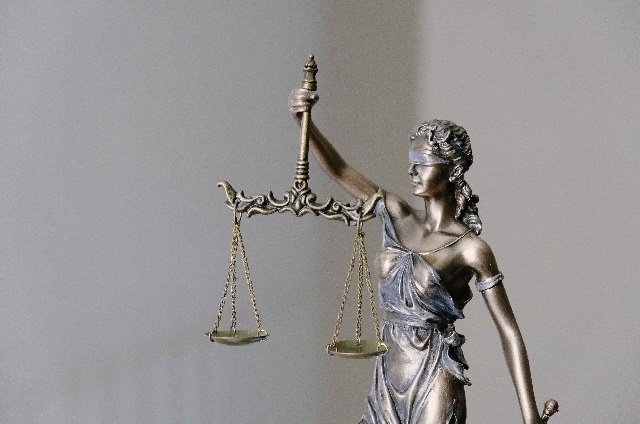Attorneys, who specialize in criminal defense, have a wide range of legal responsibilities. They are often required to keep conversations between themselves and their clients private. They owe vigorous defenses to their clients, but they also have distinct ethical responsibilities of the courts to present all defenses in a clear and evidence-based. If you are in Phoenix, look for the best Phoenix criminal defense attorney and go through the client reviews to see their ethical standing.

Image Credit:- https://imagesource.io/images/ethics-and-responsibility-of-attorney/
Contents [show]
Ethical Concerns
The prosecution must show guilt beyond a reasonable doubt in the American judicial system. That is a high bar, but our judicial system is based on the concept that it is preferable to let a bad person go free than to sentence an innocent person. Criminal defense attorneys have an ethical obligation to aggressively represent their clients, regardless of their personal feelings about the case. This means that criminal defense lawyers must do all possible to defend their clients, even if they feel the client is guilty.
Exclusive Communications – the Privileges
Attorney-client interactions are typically subject to privilege, or privacy, for criminal defense counsel. There are certain limitations to the privilege that permits clients to communicate freely with their attorneys without fear of retaliation. If clients utilize their attorneys’ advice to conduct crimes, the privilege does not apply.
In general, attorneys may violate the privilege to comply with court orders or to avoid fatalities or physical harm. Clients might also choose to forgo their right to confidentiality. Attorney-client interactions usually lose their protected status when clients die.
Zealous Representation
A criminal defense lawyer owes the clients to aggressively represent them by taking all reasonable efforts to prepare a strong case. Defense attorney needs to gather information, interview witnesses, study police reports, subpoena documents, and look up case precedents and legislation. Attorneys might also ask courts to explore fresh and creative interpretations of existing law in order to help their clients.
Attorneys should be ready to cross-examine witnesses and make persuasive arguments for judges and jurors during a trial.
Conflict of Interest
When defending their clients, criminal defense attorneys have a responsibility to prevent conflicts of interest. If a group of accountants is accused of criminal fraud, one of their arguments may be to assign responsibility to one another.
Attorneys are not allowed to incriminate one client to assist another. Attorneys must also make certain that previous customers do not cause problems in present cases. For example, if an attorney and a witness formerly maintained a professional relationship, the attorney may not be able to effectively attack the witness.
Honesty in the Courtroom
A criminal defense attorney, like other attorneys, is a court officer who owes judges and juries a duty of truthfulness. He may not intentionally make untruthful statements to the courts. When interacting with the courts, he must be as truthful as possible. He is unable to assist clients who lie under oath. Attorneys must take reasonable efforts to correct knowing client perjury, including violating the attorney-client privilege to disclose the perjury.
A criminal defense attorney has responsibilities towards the court as well as the client. Ethics and responsibility restrict him to keep the state interests above all.












